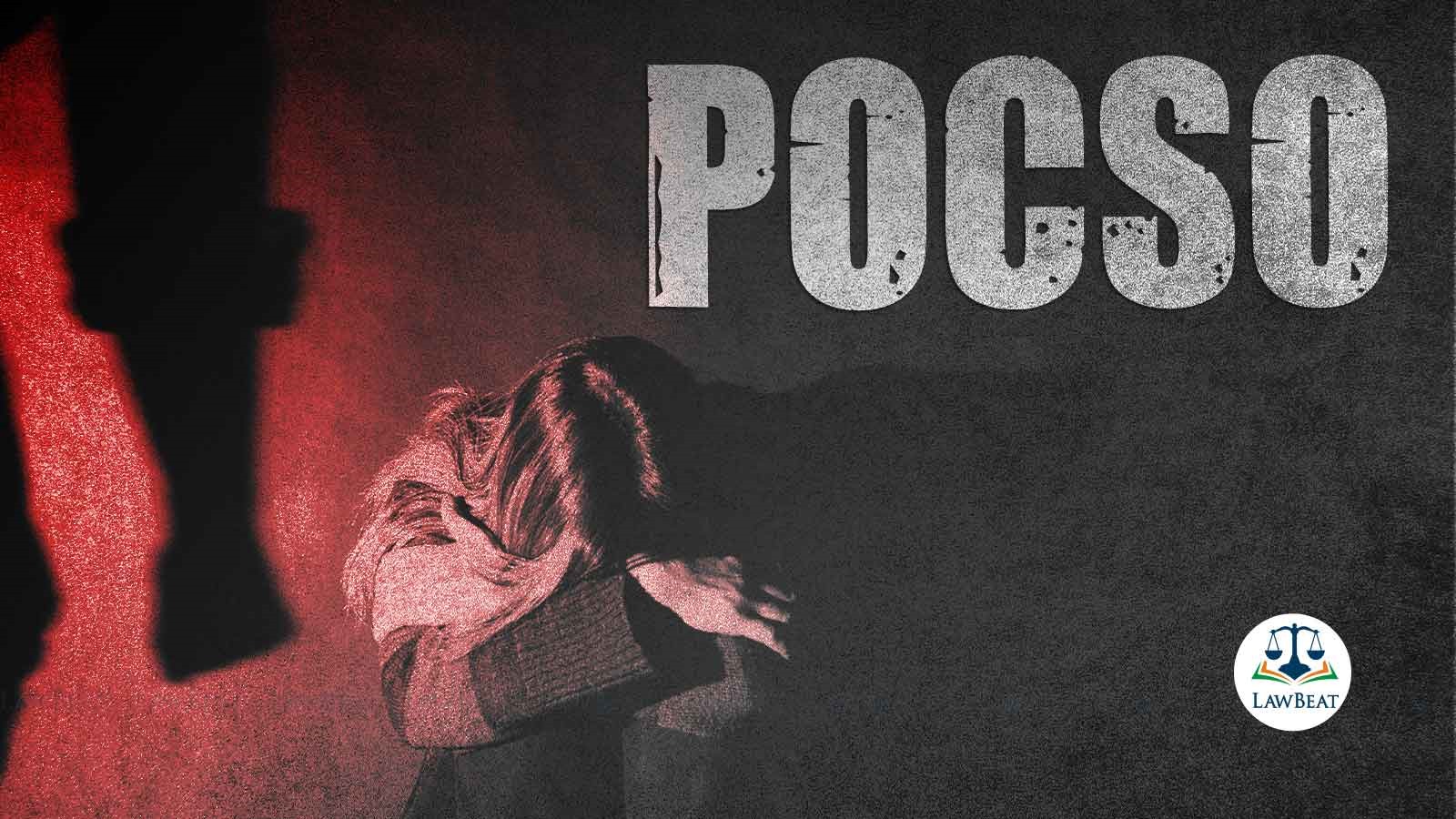Court takes grim view of child sexual abuse case, emphasizes deterrence

Accused in the case claimed to be innocent alleging that he was targeted by the victim’s family, after he attempted to break up an altercation between the victim’s family members and was threatened of “being put behind bars and not be able to see the outside world”
A fast-track court in Thiruvanthapuram, dealing with cases under the POCSO (Prevention of Child Sexual Offences) Act, has upheld the conviction of an accused who had claimed to be innocent of the charges filed against him. The accused was found guilty of committing offences under Sections 6, read with 5(1), Sections 10 read with 9(m) of the POCSO Act as well as Sections 376B and 376(2)(n) of the Indian Penal Code(IPC).
The case revolved around an alleged instance of aggravated penetrative sexual assault against the child in question, wherein it was stated by the prosecution that the accused in April 2023, on three separate occasions, had touched the child inappropriately and with sexual intent, in addition to penetrating her private parts with his fingers.
The accused, according to the prosecution, not only committed rape and aggravate penetrative assault on the child but had also threatened her with harm if she reported the incident to her parents. The Inspector of Police, Perookada Police Station, registered an FIR (First Information Report) on the basis of the statement given by the child victim.
Medical examination of the child revealed abrasions to her private parts, which corroborated the claim of digital penetration to the area. According to the examining doctor, these injuries could not be attributed to urinary tract infections as stated by the defense counsel. Further, the court held that the child was a reliable witness and not ‘tutored’ by her family as alleged by the accused, since it is natural for mothers of young children to teach them about unfamiliar situations they might encounter, which was the case in this instance. The child had also been questioned by the defense counsel regarding the veracity of her statement and empathetically said that she was speaking the truth.
While acquitting the accused of charges under Section 506 Part I of the IPC and Sections 10 read with 9(1) of POCSO, the Court acknowledged that, while the accused cannot be punished separately for offences under 376B and 376(2) of the IPC , attracting punishment only for the offences he has been found guilty of committing under the POCSO Act, the act being a heinous offence, he would be subjected to rigorous imprisonment for 30 years, in addition to having to pay a fine of Rs. 25,000. This amount is to be paid as compensation to the child victim.
Interestingly, while arguing for the imposition of the maximum possible sentence on the accused, the prosecution argued that the accused’s plea of innocence should not be a relevant consideration in this case. The prosecution further submitted that the aim of the court in this case should be deterrence and cited the case of Himachal Pradesh v. Nirmala Devi, wherein it was held that the aim of sentencing offenders in cases of heinous offences such as rape and murder is to produce a deterrent effect, with questions of mercy, forgiveness and compassion being rendered secondary.
The case also raised important questions about the age of the child victim. The victim was only six years old when the assault took place, which was corroborated by her mother, remaining unchallenged during cross examination, as well as by the Headmaster of her school, who was directed by the prosecution to provide the original admissions register of the school.
The court cited the case of Biju v. State of Kerala, wherein it was held that the manner of establishing the age of a child victim of sexual assault can be in any manner permissible under the Indian Evidence Act and that the testimony of the mother of the victim can be used to corroborate their date of birth.
